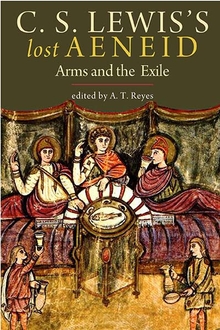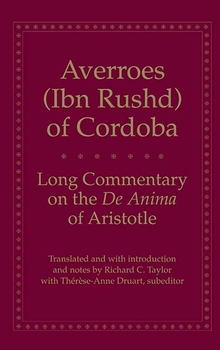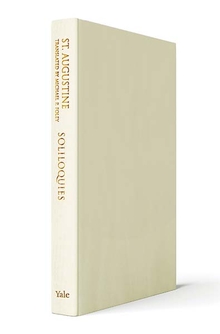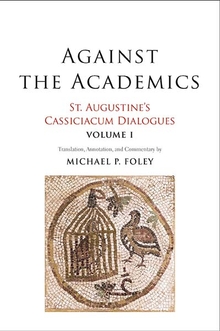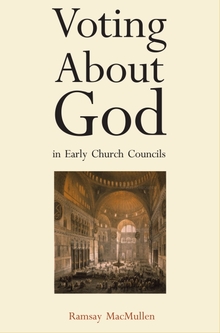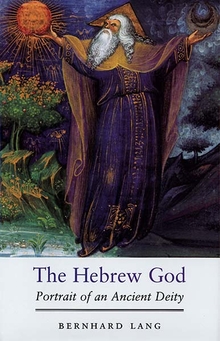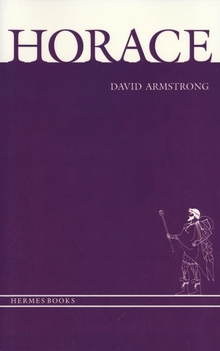C. S. Lewis's Lost Aeneid
WARNING
You are viewing an older version of the Yalebooks website. Please visit out new website with more updated information and a better user experience: https://www.yalebooks.com
Arms and the Exile
Edited by A. T. Reyes
C. S. Lewis (1898–1963) is best remembered as a literary critic, essayist, theologian, and novelist, and his famed tales The Chronicles of Narnia and The Screwtape Letters have been read by millions. Now, A. T. Reyes reveals a different side of this diverse man of letters: translator.
Reyes introduces the surviving fragments of Lewis's translation of Virgil's epic poem, which were rescued from a bonfire. They are presented in parallel with the Latin text, and are accompanied by synopses of missing sections, and an informative glossary, making them accessible to the general reader. Writes Lewis in A Preface to Paradise Lost, “Virgil uses something more subtle than mere length of time…. It is this which gives the reader of the Aeneid the sense of having lived through so much. No man who has read it with full perception remains an adolescent.” Lewis's admiration for the Aeneid, written in the 1st century BC and unfolding the adventures of Aeneas, a Trojan who traveled to Italy and became the ancestor of the Romans, is evident in his remarkably lyrical translation.
C. S. Lewis's Lost Aeneid is part detective story, as Reyes recounts the dramatic rescue of the fragments and his efforts to collect and organize them, and part illuminating look at a lesser-known and intriguing aspect of Lewis's work.
“[Lewis’s] translation shares with Virgil the profoundest resonance, lifelong exertion, even an exciting posthumous rescue.”—Max Carter, Vanity Fair
“It is thrilling to read Lewis' handling of the story of the legendary Trojan and his band of fugitives.”—Nick Owchar, Los Angeles Times
“Lewis's literary endeavors include poetry, essays, novels, criticism, and translation. His take on Virgil's Aeneid, ‘his favourite of all books,’ serves to further enrich the legacy of this ambitious and prolific writer.”—Publishers Weekly (starred review)
“In this nimble rendition . . . C.S. Lewis has managed to achieve both fidelity and beauty . . . a cause for celebration in two worlds: Narnia and Ancient Rome.”—Jason Fisher, Mythprint
“Even those readers who are new to the Aeneid will find this volume helpful . . . [and] Lewis fans should be delighted to discover yet another facet to the literary career of this ever diverse man of letters.”—Will Vaus, author of Mere Theology: A Guide to the Thought of C. S. Lewis
“Worth reading, and not just by Lewis-o-philes.”—Emily Wilson, New Republic
Publication Date: January 8, 2019

